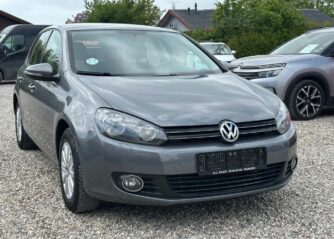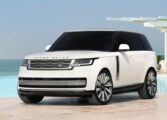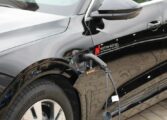VW Hybrid: Driving Towards a Sustainable Future
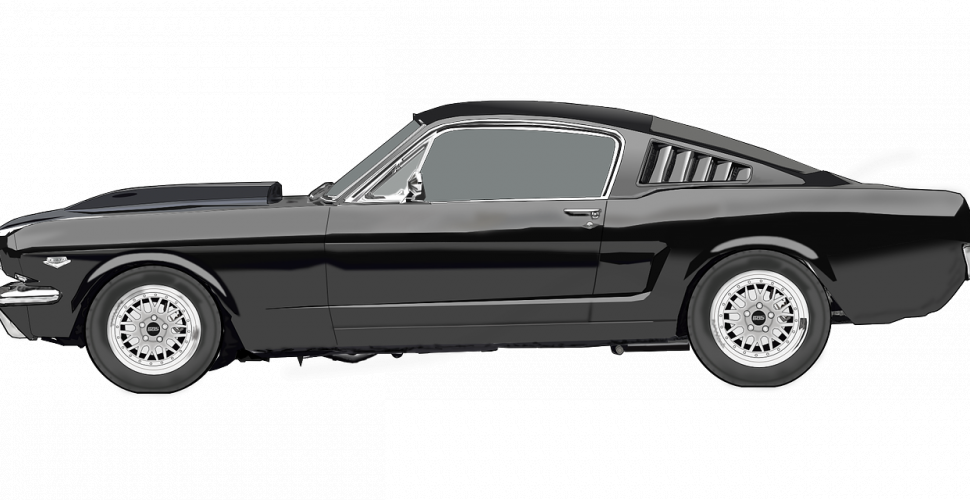
Introduction:
As the world continues to grapple with environmental concerns, the automotive industry is undergoing a major transformation. Hybrid vehicles have emerged as a solution to address climate change and reduce carbon emissions. In this article, we will delve into the world of VW Hybrid vehicles, exploring the key features and technological advancements that make them stand out. Whether you’re a car enthusiast or simply interested in making greener choices, this article is your comprehensive guide to understanding VW Hybrid cars.
What is VW Hybrid?
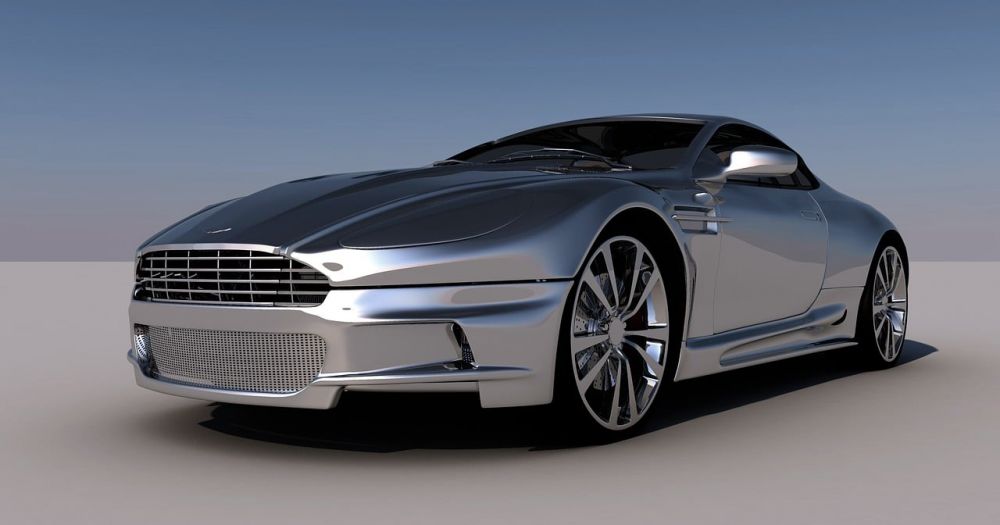
Volkswagen (VW), known for its innovative and reliable vehicles, has made significant strides in the hybrid car market. VW Hybrid refers to their lineup of vehicles that combine a conventional internal combustion engine (ICE) with an electric motor. This dual powertrain system allows for enhanced fuel efficiency, reduced emissions, and a smoother driving experience. VW Hybrid models utilize regenerative braking, which captures and stores energy lost during braking to recharge the onboard battery. This technology, combined with intelligent energy management, ensures optimal performance and a sustainable drive.
Evolution of VW Hybrid Technology
VW has been at the forefront of hybrid vehicle development, constantly pushing boundaries and refining their technology. Let’s explore the evolution of VW Hybrid over time.
– Early Beginnings:
VW’s foray into hybrid technology can be traced back to the early 2000s when the first concept cars were introduced. These prototype vehicles showcased the potential of combining electric and conventional powertrains to deliver improved fuel economy and reduced emissions. Although these early models were not mass-produced, they laid the foundation for future advancements.
– MK6 Golf GTE:
In 2014, VW introduced the MK6 Golf GTE, its first mass-produced plug-in hybrid vehicle. The Golf GTE combined a turbocharged petrol engine with an electric motor, offering an impressive electric range for daily commutes. This model marked a significant milestone for VW Hybrid, setting the stage for subsequent releases.
– e-Golf:
While not a conventional hybrid, the e-Golf deserves a mention for its contribution to VW’s sustainability efforts. Launched in 2014, the e-Golf is a fully electric vehicle that offers zero tailpipe emissions. Although not part of the hybrid lineup, the e-Golf showcases VW’s commitment to a cleaner future.
– The ID. Family:
VW Hybrid’s most recent and exciting venture is the introduction of the ID. family. The ID. series consists of all-electric models designed from the ground up on VW’s MEB (Modular Electrification Toolkit) platform. This platform allows for flexible battery placement and optimal interior space utilization. While these models are purely electric, they reflect VW’s commitment to sustainability and technological advancements.
Features and Benefits of VW Hybrid Vehicles
VW Hybrid vehicles boast an array of features that offer numerous benefits to drivers. Let’s explore some of the key highlights that set these cars apart.
– Efficient Performance:
VW Hybrid models combine the power of both the internal combustion engine and the electric motor to deliver impressive performance. The electric motor provides instant torque, enhancing acceleration, while the petrol engine ensures extended range. These vehicles offer a seamless transition between electric and hybrid modes, prioritizing efficiency without compromising on power.
– Eco-friendly:
By incorporating electric power, VW Hybrids significantly reduce emissions compared to traditional petrol or diesel vehicles. This eco-friendly approach aligns with VW’s commitment to sustainability and a greener future.
– Regenerative Braking:
VW Hybrid vehicles utilize regenerative braking, a technology that converts kinetic energy into electric energy during deceleration. This energy is stored in the battery and used to power the electric motor, improving overall efficiency and reducing reliance on traditional fuel sources.
– Plug-In Capability:
Many VW Hybrid models offer plug-in capability, allowing drivers to recharge the battery at home or at public charging stations. This feature provides an additional option for drivers and enhances the electric driving range, ultimately reducing the reliance on petrol or diesel.
– Spacious and Comfortable:
VW Hybrid vehicles retain the same spaciousness and comfort found in their conventional counterparts. The electric components are cleverly integrated, ensuring minimal impact on interior space and ensuring a comfortable driving experience for passengers.
Conclusion:
VW Hybrid vehicles represent a significant step forward in the automotive industry’s journey towards sustainability. With their advanced technology, efficient performance, and eco-friendly features, VW Hybrids offer a compelling option for those seeking greener transportation solutions. As VW continues to innovate and expand its lineup, the future looks promising for hybrid and electric vehicles. By driving a VW Hybrid, you not only contribute to reducing carbon emissions but also enjoy an exhilarating and sustainable driving experience.

